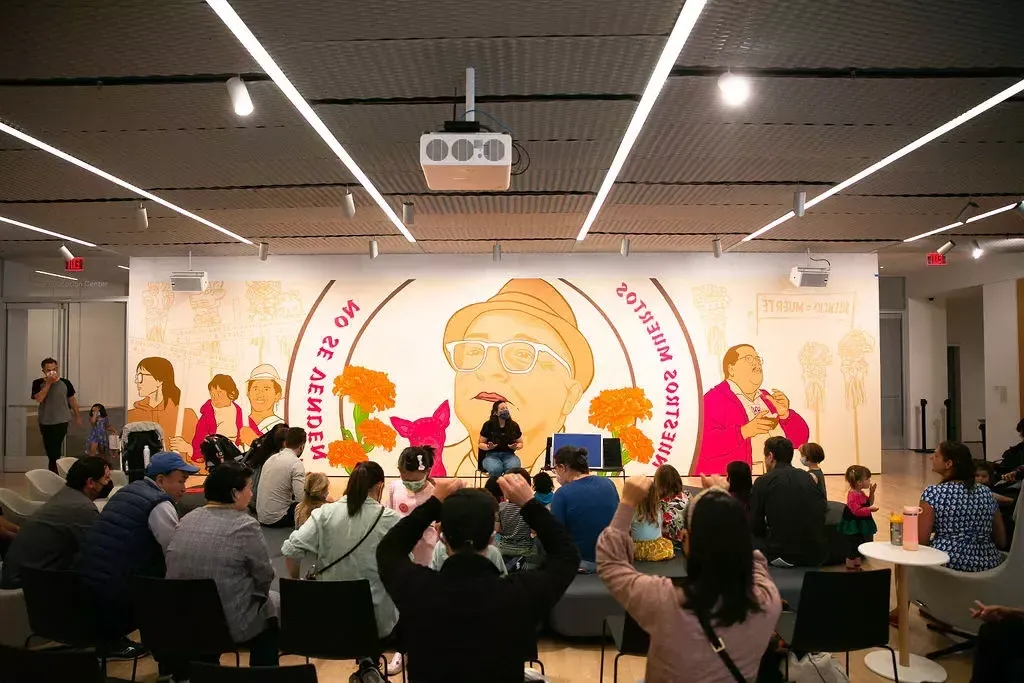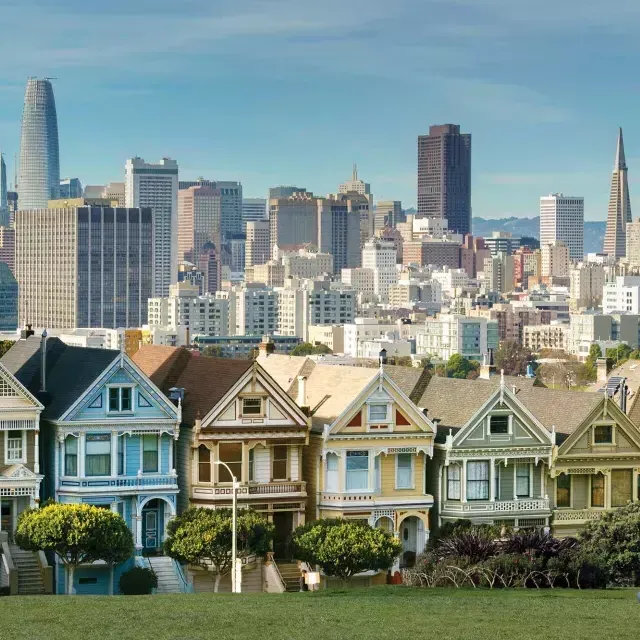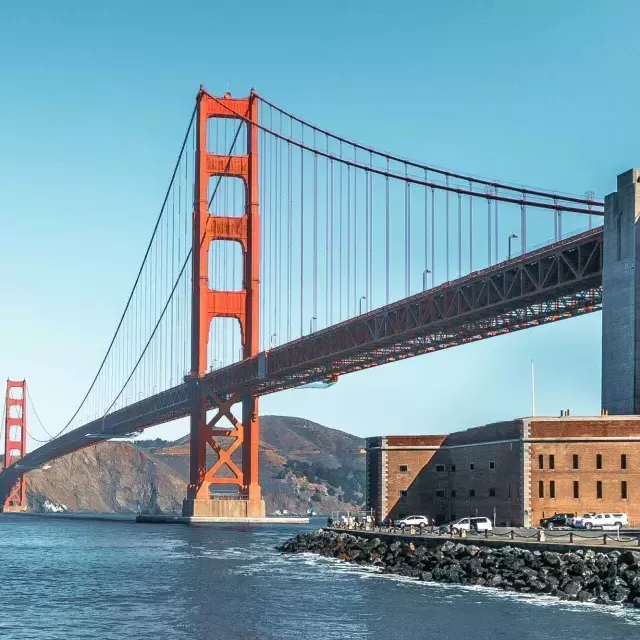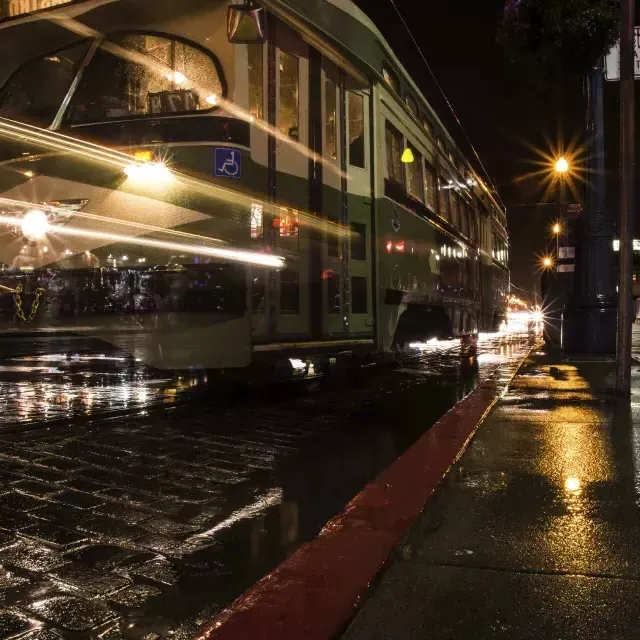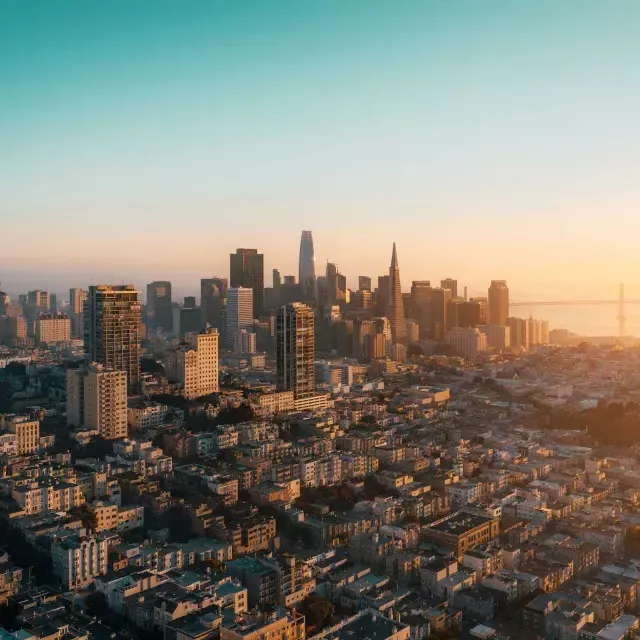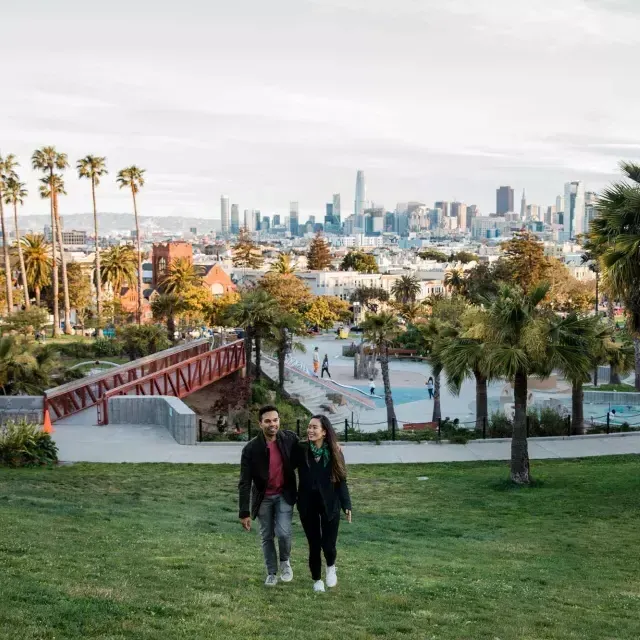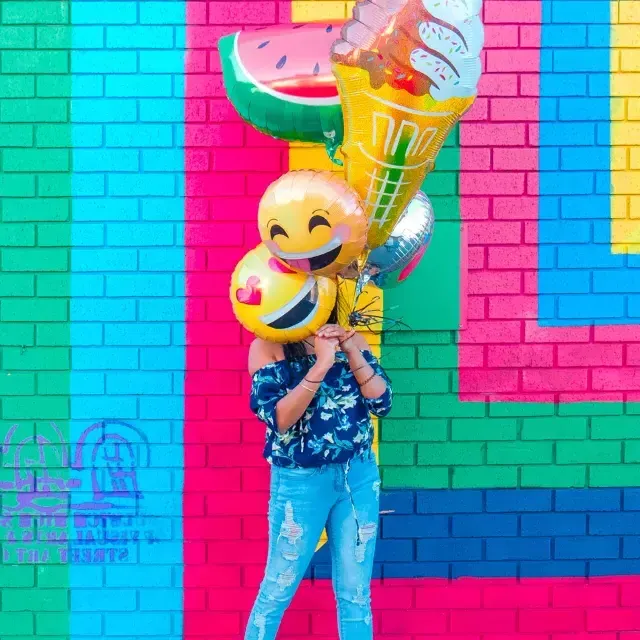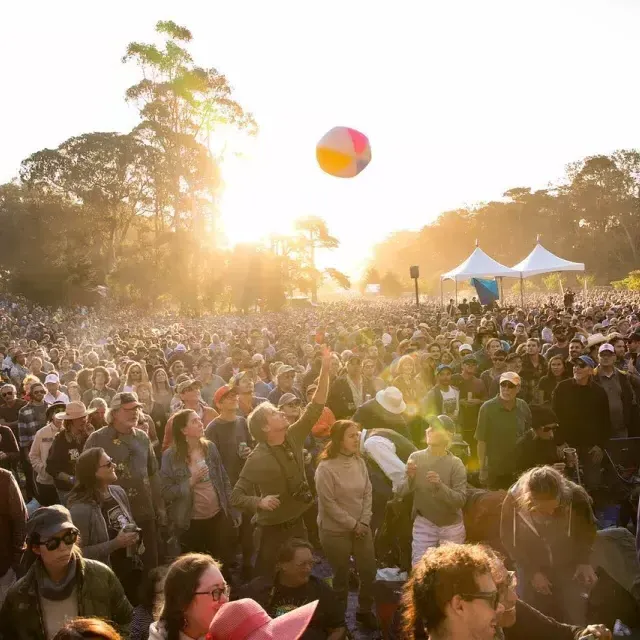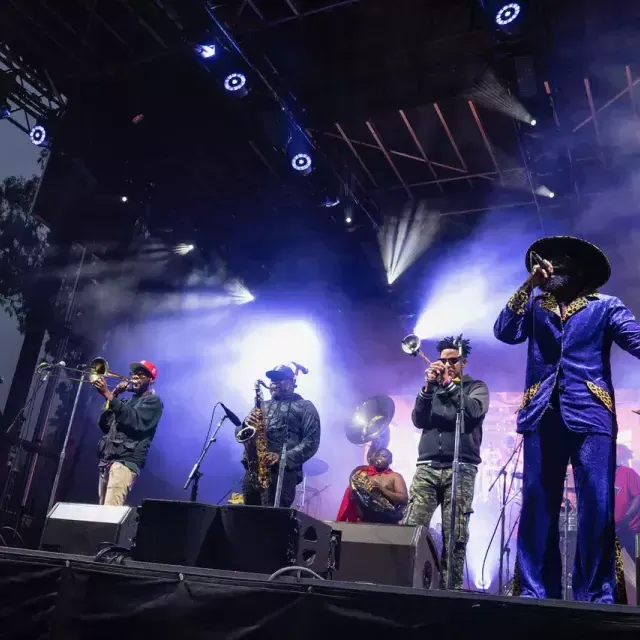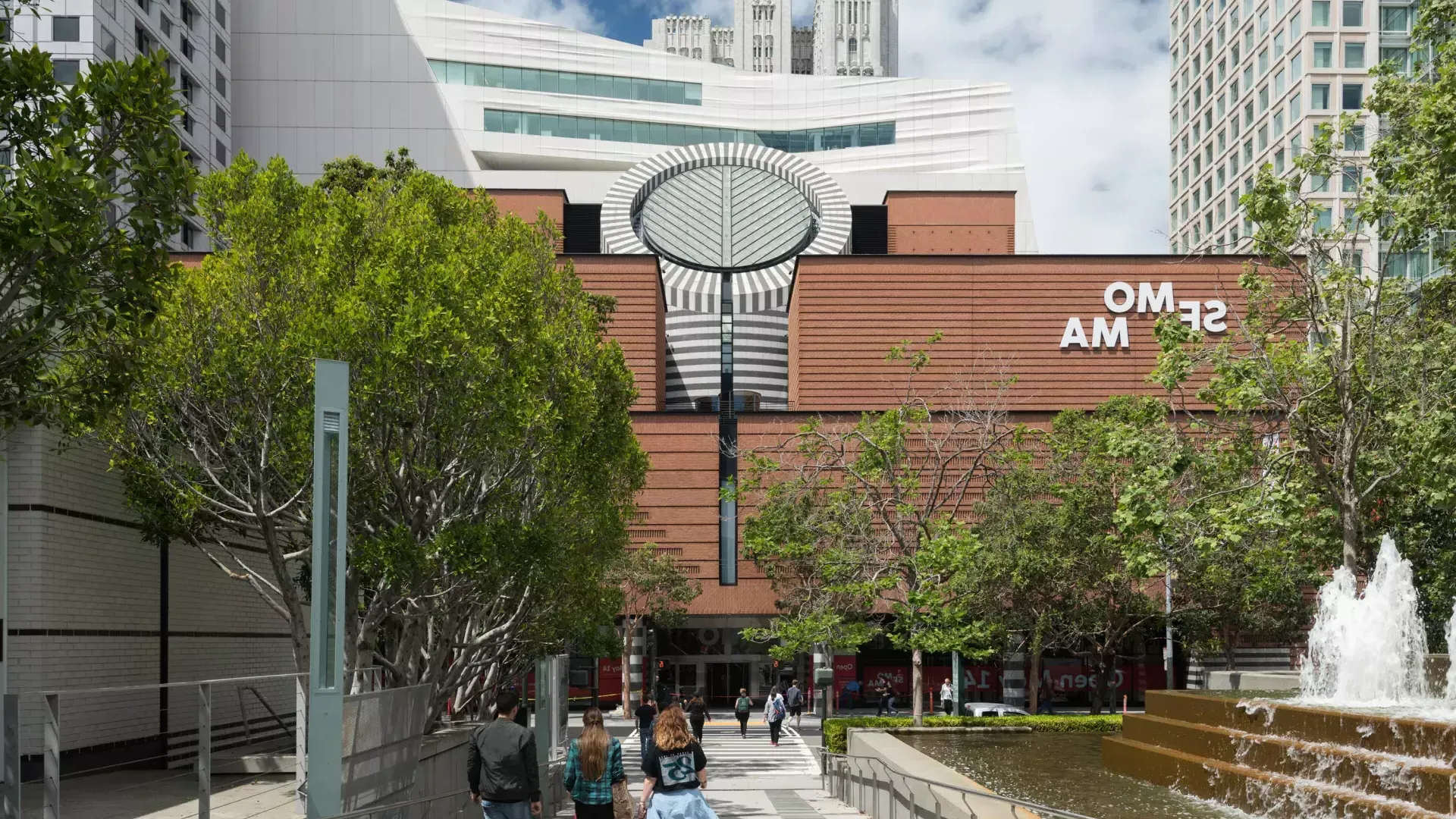
Guide to the San Francisco Museum of Modern Art (SFMOMA)
The San Francisco Museum of Modern Art is one of San Francisco’s greatest treasures, and is home to a collection of more than 50,000 works.
SFMOMA creates an engaging experience for each visitor through constantly rotating exhibits, world renowned permanent collections and interactive public programs. It is one of the biggest modern and contemporary art museums in the United States and the first one of its kind on the West Coast.
SFMOMA includes five curatorial departments, each showcasing different art forms and exhibits. Whether it be well preserved photography from 1839 or a newly commissioned piece from an emerging artist, there’s something for every art lover to appreciate.
Art Forms in SFMOMA
Architecture and Design
Not only is SFMOMA itself an architectural masterpiece, but it also contains one of the most significant architecture and design collections in the United States. The pieces include works of graphic design, product design, furniture and architecture that challenge the status quo. Artists featured in this collection have included Edith Heath of Heath Ceramics and Susan Kare, who contributed to the design interface of the first Apple Macintosh. These galleries are on third and sixth floors.
Media Arts
SFMOMA is home to an extensive collection of time-based media artworks, such as video, film, slide, sound, computer-based and online projects, and live performances. The department also selects featured films and video programs to play in the museum’s Phyllis Wattis Theater and online. This collection reflects the culture of technological innovation in the Bay Area, and is located on the seventh floor.
Contemporary Art
The contemporary collection showcases art pieces from around the world that reflect major issues, modalities, and formal concerns of our time such as Julie Mehretu's HOWL, eon (I,II) and Damian Ortega’s Bio diversidad.
Painting and Sculpture
As a cornerstone of SFMOMA’s identity since it opened its doors in 1935, the Department of Painting and Sculpture consistently engages with the art and artists of our time. Whether by supporting artists at early stages of their careers or by organizing major retrospectives and thematic exhibitions, the department is committed to fostering new ideas and approaches to modern and contemporary art. The collection includes paintings, sculptures and works on paper created from 1900 to the present day.
Photography
Photography is one of SFMOMA’s strong suits, as it holds more than 31,000 works of photography from 1839 to the present. Featuring work from Ansel Adams, Imogen Cunningham, and Edward Weston, the museum’s vast collection of photography is held in the Pritzker Center for Photography.
What Can I See at SFMOMA?
Permanent Collections
The SFMOMA's impressive permanent collection is sorted into four groups which are on different floors of the museum.
- German Art after 1960, sixth floor
-
Echoes of the 1960s from the Fisher and SFMOMA Collections, fifth floor
-
Approaching American Abstraction, fourth floor
-
Alexander Calder: Dissonant Harmony, third floor
- Painting and Sculpture, 1900 to Now, second floor
Doris and Donald Fisher Collection
SFMOMA partners with the Fisher Art Foundation, one of the world's largest collections of postwar and contemporary art. The founders of San Francisco-born Gap Inc., Doris and Donald Fisher, began collecting art in the 1970s. Since then, their collection has grown massively and is on constant rotation in SFMOMA. The collection includes works by artists like Andy Warhol, Agnes Martin, Gerhard Richter, and Jenny Holzer and is a must-see when you visit SFMOMA.
The Pritzker Center for Photography
The Pritzker Center for Photography occupies most of SFMOMA's third floor. It is the largest space permanently dedicated to the presentation, study, and interpretation of photography at any art museum in the United States. With pieces from artists like Joe Deal, Simon Norfolk, and Mitch Epstein, there is no better place to experience and learn about photography.
Temporary Exhibitions
Along with their permanent collection, SFMOMA hosts ever-changing temporary exhibits from various artists and collections, and you can see what is on and upcoming here. Current must-sees include Art of Noise on the seventh floor.
Bay Area Walls
SFMOMA hosts a series of topical wall projects by local artists on various floors of the museum. This project is ongoing and is designed to support local artists who are in tune with the community and current moment. These art walls can be viewed on the third and fifth floors of the museum.
Living Wall
SFMOMA’s living wall is one of the largest public living walls in the United States, measuring 4,399 square feet and located on the third floor Pat and Bill Wilson Sculpture Terrace. The wall was designed by David Brenner, Principal and Co-Founder of Habitat Horticulture, and is home to 37 different plant species. Around half of them are native to the Bay Area, ranging all the way from Muir Woods to the East Bay Regional Parks.
Free to See
In addition to their free days and free admission every day for guests 18 and younger, SFMOMA offers 45,000 square feet of art-filled spaces, no ticket required. There are free artworks on the first and second floors (and some surprises just outside).

New Work
SFMOMA’s New Work series provides a space for new artists to develop a body of work that the museum will commission and put on display. Artists like Wu Tsang, Matthew Barney, Marilyn Minter, Kara Walker and Christopher Wool are among those who have been given their first solo museum shows through this program.
Monthly Activities
First Thursdays at SFMOMA: Free Admission for Bay Area Residents
Every first Thursday of the month, SFMOMA offers free admission to all Bay Area residents. Passes last from 1 p.m. until 8 p.m. and are available two weeks in advance. Make sure to book your tickets early because they tend to sell out!
Second Sundays for Families
Every month 10:30 a.m. - 3 p.m. Koret Education CenterDesigned for families with young children, this monthly activity gives kids the opportunity to become artists themselves! Each session revolves around a different theme. It’s open-ended nature leaves room for the entire family to harbor their creativity.
Dining
The museum provides three dining options. With something for everyone, you can choose to either grab an on-the-go bite or opt for a sit-down meal and select from a rotating menu.
Grace
Floor 1 Closed on Wednesdays Thursday 11:30 a.m. - 8 p.m. Friday - Tuesday, 11:30 a.m. - 5 p.m.This restaurant on the first floor serves French-American cuisine and drinks in a casual atmosphere with both indoor and outdoor seating. Grace is both open for lunch and happy hour.
Cafe 5
Closed on Wednesdays Thursday - Tuesday 10:30 a.m. - 4:30 p.m.Cafe 5 offers a rotating menu on the fifth floor, accompanied by an unbeatable view of the city skyline and amidst the museum’s sculpture garden.
Steps Coffee
Closed on Wednesdays Thursday, 11 a.m. - 6 p.m. Friday - Tuesday, 9:30 a.m. - 4:30 p.m.Right through the Howard Street entrance, this second floor coffee shop is perfect for a grab-and-go snack or a quick break surrounded by a community bookshelf, puzzle table and charging stations. Steps Coffee is often open a bit earlier than the museum, so be sure to check the website to confirm times.
Museum Store
The museum store, which is located on the first floor of the building, features an array of items related to the museum and its exhibitions. While we know gift shops are near impossible to avoid, this retail therapy can be justified by knowing that every purchase at the shop supports the education programs and exhibitions in the SFMOMA. Shop away!
Museum Hours & Admission
Museum Hours
Monday - Tuesday: 10 a.m. - 5 p.m.
Wednesday: closed
Thursday: Noon - 8 p.m.
Friday - Sunday: 10 a.m. - 5 p.m.
Visitor entrance is located on both Third Street and Howard Street.
Admission
| Member | Free |
| Adult | $30 |
| Senior (65 years and older) | $25 |
| Age 19–24 with ID | $23 |
| Age 18 and younger | Free |
Residents with valid Medi-Cal, CalFresh, SNAP or EBT cards can enter SFMOMA at no cost. All visitors need to do is present a benefits card as well as proof of residency on the day of the visit.
Getting to SFMOMA
Public Transportation
SFMOMA is located nearest the Powell Street and Montgomery Street BART and SF Muni Light Rail stations. Many bus lines have stops within a block of the museum near the intersection of Third and Mission streets, including the 8, 8AX, 8BX, 14, 14R, 15, 30, 45, 91, 101, 130, and 150. The Salesforce Transit Center is only two blocks away.
Parking
SFMOMA’s garage at 147 Minna Street is a short walk from the museum’s entrance on Third Street and is open from 7:00 a.m. to 11:00 p.m. daily. SFMOMA members receive 25% discount and non-members are offered a 10% discount. Visit the Haas Jr. Atrium on the first floor for parking validation.
Accessibility at SFMOMA
SFMOMA is dedicated to creating an accessible environment for all patrons of the museum.
For visitors who are blind or partially-sighted, braille and large-print versions of their visitor guide map are available at the ticketing desk, along with audio guides. Full text transcripts of most audio guides are available for the deaf and hard of hearing. All museum entrances and floors are accessible to visitors using wheeled devices or who have mobility difficulties. SFMOMA has also created a sensory guide for those looking for quiet, less crowded spaces in the museum.
If you would like to learn more about accessibility at SFMOMA, click here.
Please Note: From January 22, 2024–Summer 2024, access to the museum will only be through the entrance at 151 Third Street. No access will be available from the Howard Street side of the building.


